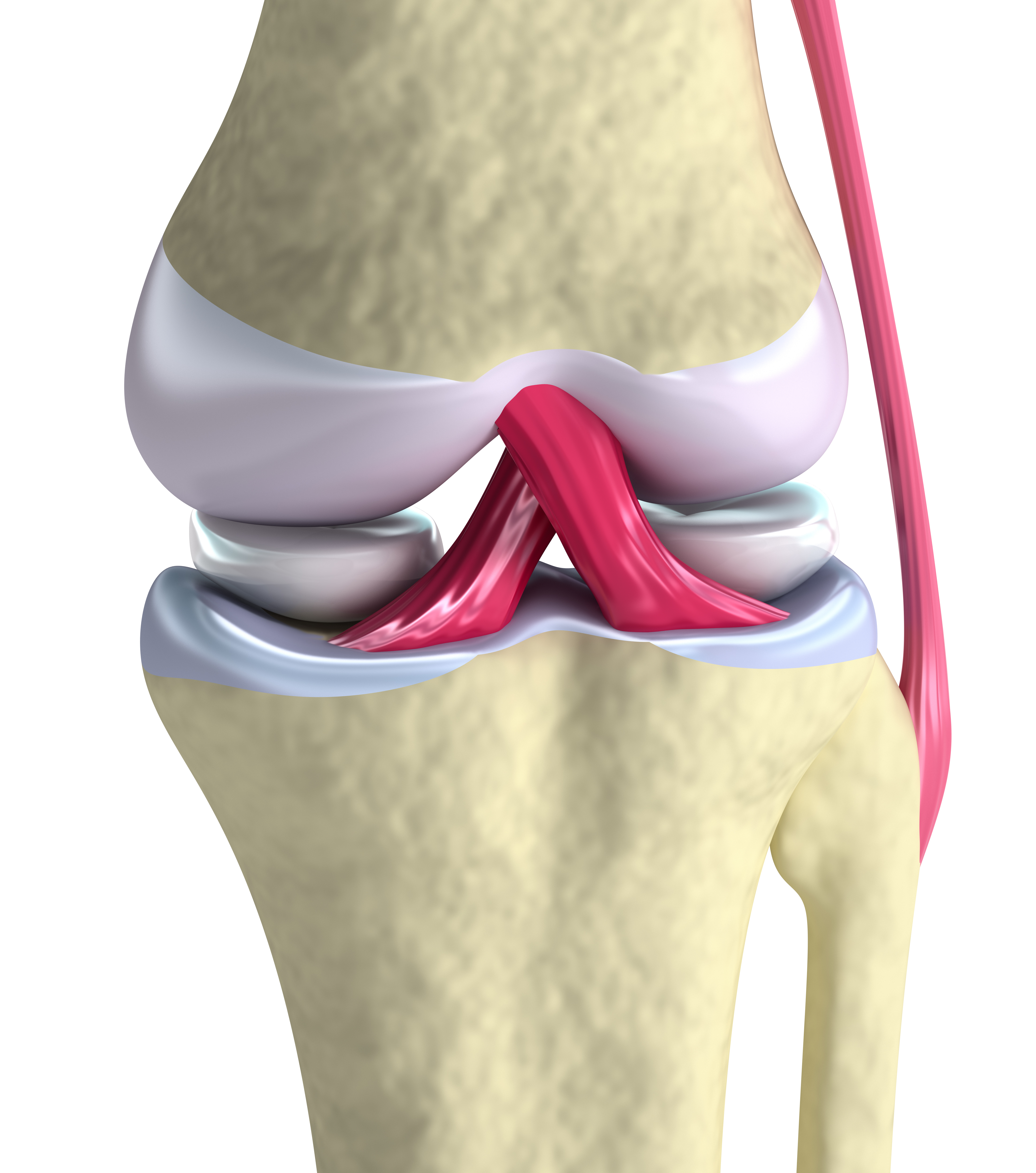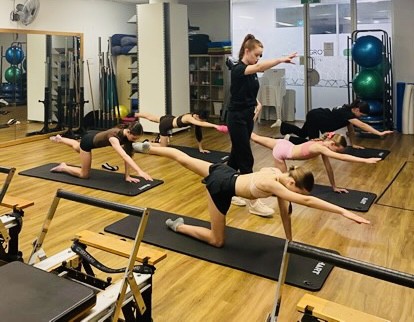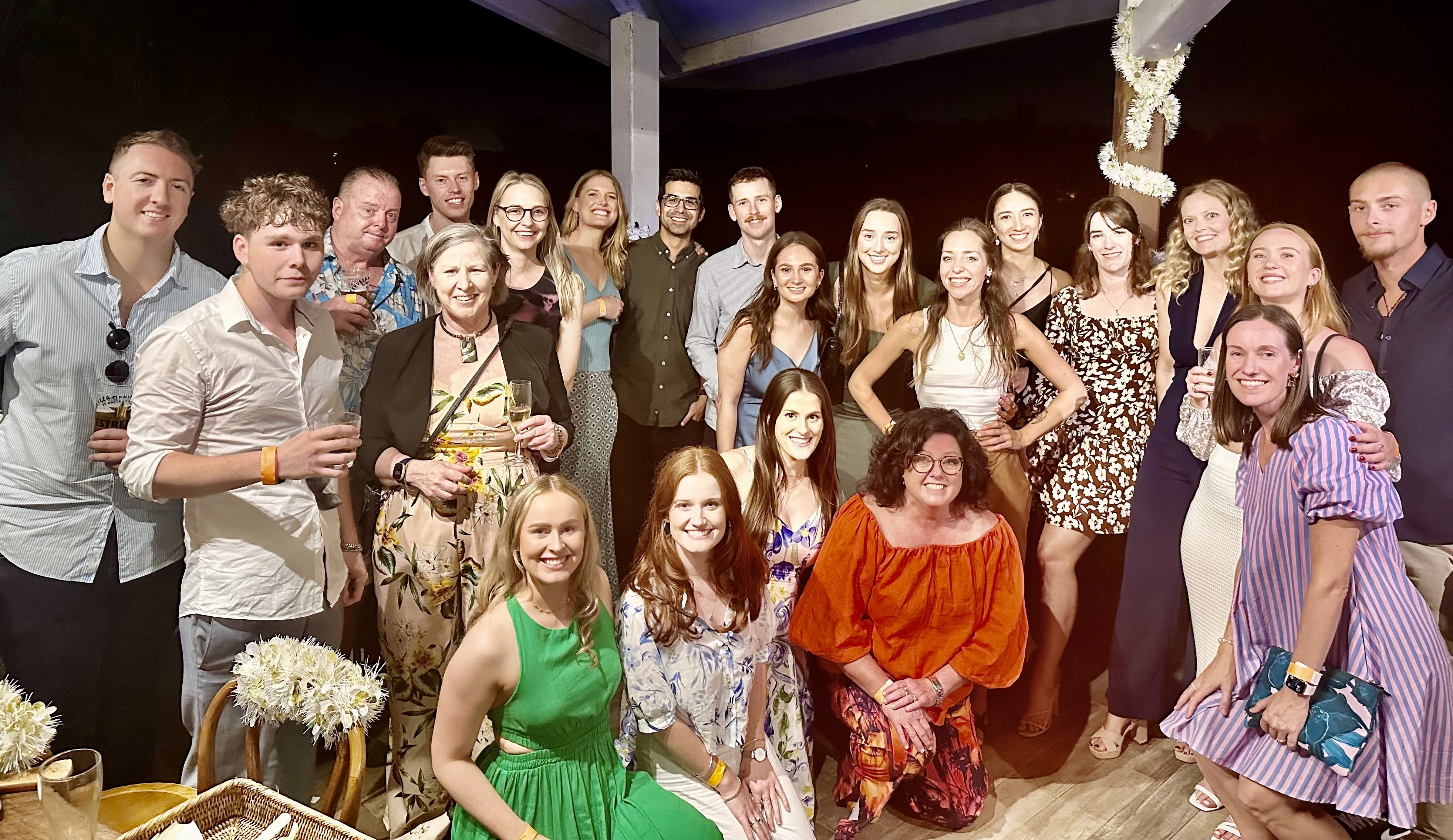Can my ACL heal ?

Anterior Cruciate Ligament (ACL) tears are a common injury, often occurring during sports or activities that involve sudden stops, changes
in direction, or pivoting. An ACL tear can be a very impactful not only an individual's athletic performance but also their overall
quality of life. In recent years, advances in medical research have paved the way for evidence-based treatments that optimize recovery and
improve outcomes for those with ACL tears.
Diagnosis: Before delving into treatment options, an accurate diagnosis is essential. Your physiotherapist can perform tests in clinic to detect an ACL tear or partial tear – if there is any doubt about the diagnosis usually an MRI is needed to confirm the pathology. Once there is a firm diagnosis then management strategies and options are discussed.
Non-Surgical Management: Not all ACL tears require surgery. The latest evidence suggests that certain individuals may benefit from non-surgical approaches. This is particularly true for older adults or those with a more sedentary lifestyle. Physiotherapy plays a central role in non-surgical management, focusing on strengthening the surrounding muscles and improving stability. Additionally, activity modification and the use of braces would be recommended as part of rehab.
Surgical Intervention: For individuals, especially athletes, looking to regain full function and stability, surgical intervention is sometimes recommended. The current gold standard for ACL reconstruction involves replacing the torn ligament with a graft, commonly sourced from the patient's hamstring or patellar tendon. Advances in surgical techniques, such as arthroscopic procedures, have significantly reduced recovery times and improved overall outcomes.

Rehabilitation: After surgery, an evidence-based rehabilitation program is essential for successful recovery. Physiotherapists work closely with patients to gradually reintroduce weight-bearing exercises, improve range of motion, and enhance proprioception. The goal is not only to restore the strength and flexibility of the knee but there is also emphasis on correction of any predisposing factors that may have lead to the injury.
Return to Sport: Returning to sports or high-impact activities is a critical phase in ACL rehab. Evidence-based criteria, including strength, balance, and functional assessments, guide the decision-making process. The focus is on ensuring that the individual can safely resume their activities without an increased risk of re-injury.
Conclusion: The landscape of ACL tear treatment has evolved significantly, thanks to evidence-based practices that prioritize individualized care and optimal outcomes. Whether through surgical intervention or non-surgical approaches, a comprehensive rehabilitation program is key to restoring functionality and preventing future injuries.
Our Physiotherapists at Revive are ready to assist you through the process of ACL rehab from assessment and diagnosis through to returning to normal function.
CROSS BRACE FOR ACL TEARS BRISBANE
A very recent advancement in the conservative management of ACL tears has been developed by an orthopaedic surgeon Dr Cross who is based in Sydney. His protocol of bracing the knee in fixed degrees of flexion (bend) over a set period of time is showing encouraging results for ACL tears that meet the criteria for this type of managEment. The Cross Brace ACL protocol is something our physiotherapy team are currently exploring with the aim to offer this protocol at our clinics. Please call the clinic for more information on this development.
Book to see one of our experienced Physiotherapists today for Physiotherapy for ACL tear Brisbane today. For all things ACL rehab (Brisbane) trust you are in good hands at Revive.
BOOK YOUR APPOINTMENT HERE
.svg)
.jpg)




